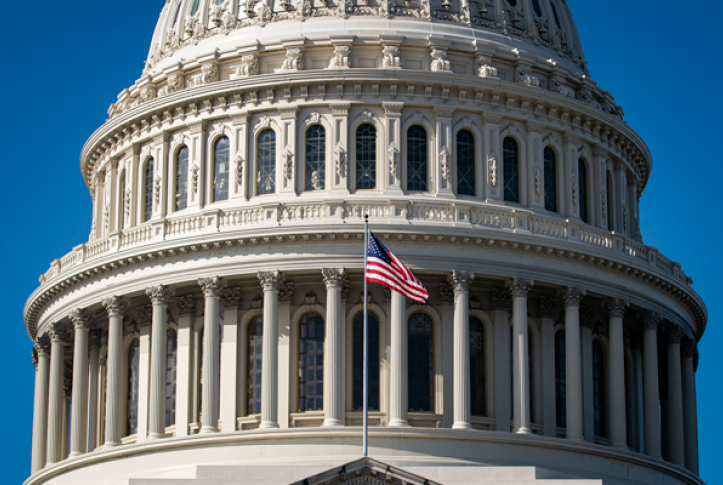For four years the Trump administration has sought to undermine the Affordable Care Act’s (ACA) consumer protections and market stabilization requirements. The incoming Biden administration now has the opportunity to reverse those destructive policies and strengthen the individual market. In this post we examine one of those opportunities: the regulation of short-term health plans.
Short-Term Plans Fail to Meet the Needs of Consumers
Short-term plans were originally intended to fill short gaps in coverage but are currently sold as replacements for year-round comprehensive coverage. They are less expensive than plans that comply with ACA rules because they lack consumer protections. They are not an option for people with preexisting conditions. Short-term insurers aggressively review medical records, sometimes retroactively rescinding coverage after an enrollee files a high-cost claim. In addition, short-term plans frequently exclude vital essential health benefits, including prescription drugs, maternity care, and mental health services, and have low dollar limits when prescription drugs or mental health are covered. Many have no network, leaving consumers at risk for balance billing. Because of these practices, many states have strictly regulated short-term plans.
But even with these shortcomings, people are enrolling in short-term plans. A yearlong congressional investigation found that enrollment increased by 27 percent after the Trump administration made rules to expand and encourage their sale. These regulations included allowing people to stay on them for longer periods of time.
The increased enrollment may also be because of deceptive marketing, which can make consumers believe they are buying a plan that covers preexisting conditions. Consumers receive robocalls that lack information or may be shopping online for ACA-compliant coverage and directed to brokers selling short-term plans. Further, short-term plans are often sold through out-of-state associations that circumvent state regulations.
Incoming Administration Can Limit the Sale of Short-Term Plans
The incoming Biden administration has options to protect consumers and the individual insurance market. In 2018, the Trump administration reversed regulations that limited the duration of short-term plans to less than three months and made them renewable for up to 36 months. The following are options to limit the sale of short-term plans as a replacement for ACA coverage:
- Return to the prior regulations, defining short-term plans as having a contract term of less than three months and being nonrenewable.
- Limit so called “stacking,” a practice where insurers and brokers sell consecutively timed plans — such as four three-month plans — that effectively cover an enrollee for a year. Fifteen states have countered this practice by prohibiting the sale of short-term plans to consumers previously enrolled in a specified time period.
- Allow people currently enrolled to remain until the contract term ends to avoid disruption.
Other Options to Protect Consumers and the Individual Insurance Market
Beyond regulating short-term plans, there are other ways the incoming administration can protect consumers and insurance markets:
- Reduce the sale of short-term plans by imposing stricter standards on insurers and web-based brokers that participate in direct-enrollment programs instead of using the HealthCare.gov platform.
- Reverse the Trump policy that encourages navigators who assist in marketplace enrollment to inform consumers about alternative products, including short-term plans.
- Broaden the regulations interpreting the ACA provision that prohibits discrimination by health insurers based on multiple factors, including sex and disability, to apply to short-term plans.
- Reduce deceptive marketing by encouraging the Federal Trade Commission to more aggressively investigate entities using misleading marketing practices.
Looking Forward
States will continue to play an important role as the primary regulators of short-term plans. But the incoming administration also can protect consumers and the individual market from rising sales of short-term health plans. At a minimum, a return to a term limit of less than three months, combined with prohibiting stacking, would greatly reduce the sale of short-term plans. The incoming administration can take an even broader approach by reversing regulatory actions taken by the Trump administration that encouraged the sale of short-term plans and eliminated nondiscrimination protections, and by investigating deceptive marketing practices.


